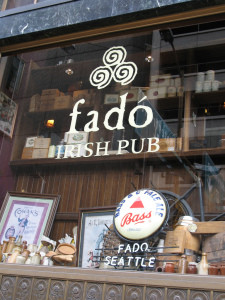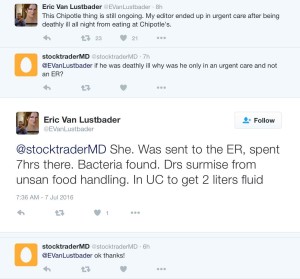Clara Chong of The Straits Times writes that good food can be passed off as food worth eating – only if it is safe to consume.
 The current case involves Pow Sing restaurant, which, as of July 12, had 29 verified cases of gastroenteritis and investigations are currently ongoing.
The current case involves Pow Sing restaurant, which, as of July 12, had 29 verified cases of gastroenteritis and investigations are currently ongoing.
This is just the latest case of a food establishment being suspended after outbreaks of food poisoning among its diners.
Here is a look at the five most recent cases.
- Pow Sing Restaurant
Pow Sing restaurant and its sister eatery Pow Sing Kitchen at Serangoon Gardens had their licences suspended indefinitely on July 13 after the authorities became aware of at least 29 cases of gastroenteritis, otherwise known as gastric flu, that were linked to the eatery.
An inspection on July 5 threw up several food lapses, such as the failure to maintain temperature records and allowing an unregistered food handler to prepare food.
Pow Sing, which sells zi char or cooked food in addition to chicken rice, has been told to dispose of all food and completely sanitise the kitchen.
- Pek Kio Food Centre
With more than 180 cases of gastroenteritis reported, Pek Kio Market and Food Centre in Owen Road area had to be closed on May 25 for a thorough cleaning and disinfection, including disinfection of dining tables, chairs, food preparation surfaces, walls and floors, for two days.
- Kuisine Catering
Poor hygiene standards at Kuisine Catering are a likely cause of a mass food-poisoning incident last February, resulting in 231 people falling ill, with five of those affected requiring in-patient medical treatment.
Investigations by the National Environment Agency (NEA), Ministry of Health and Agri-Food and Veterinary Authority concluded that food poisoning was likely due to Salmonella enteritidis.
- Goodwood Durian Pastries
Goodwood Park Hotel’s food establishment licence was suspended on April 22 after 76 cases of food poisoning were linked to its durian pastries.
 But on May 3, it was revealed that up 183 cases may be linked to the hotel’s hugely popular durian pastries.
But on May 3, it was revealed that up 183 cases may be linked to the hotel’s hugely popular durian pastries.
Further investigations revealed that lapses in food handling in the durian pastry kitchen were to blame. All food handlers had to undergo medical screening and retraining on safe food handling practices
- GBS infection from raw fish dishes
In December 2015, stalls were no longer allowed to sell Chinese-style raw fish dishes such as raw fish porridge due to its link with an aggressive strain of Group B Streptococcus (GBS) bacteria.
The outbreak, caused by the Type III GBS ST283 strain, is the largest of its kind in the world, with about 360 cases of GBS infections since January 2015 and about 150 cases linked to the consumption of Chinese-style raw fish dishes that use freshwater fish.
This ban extended to hawker centres, coffee shops, canteens, food courts and caterers but left out restaurants, which generally observed hygiene standards.
The ban on using such freshwater fish remains in force until further notice.










